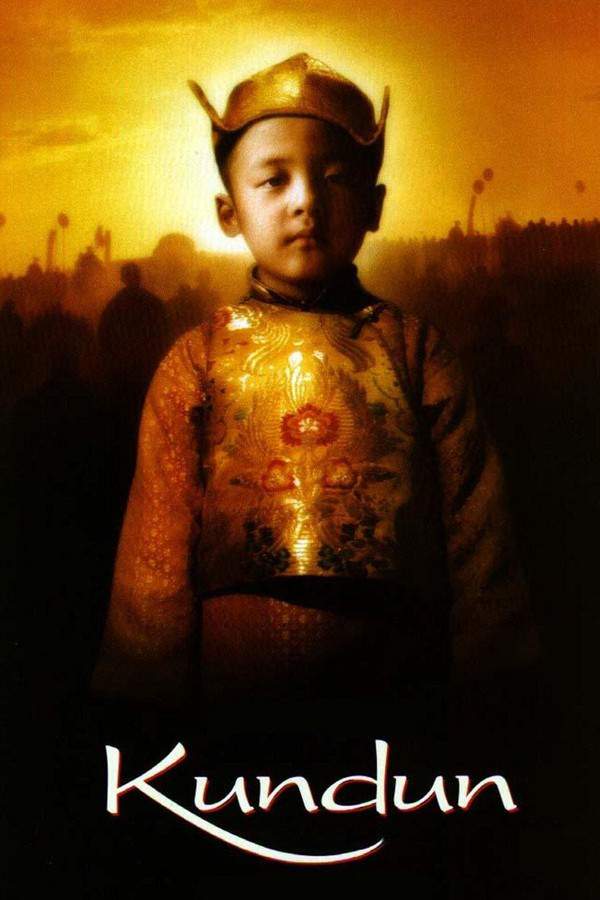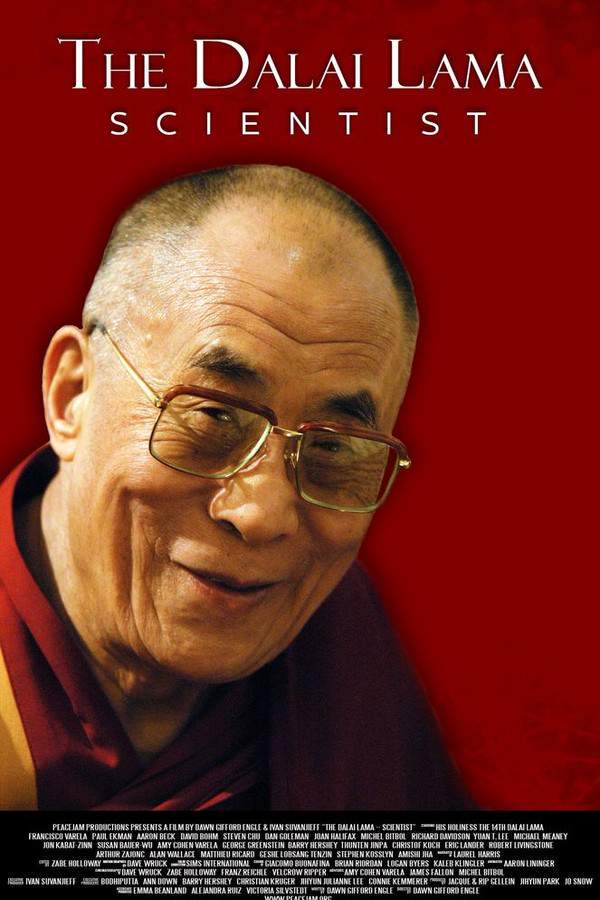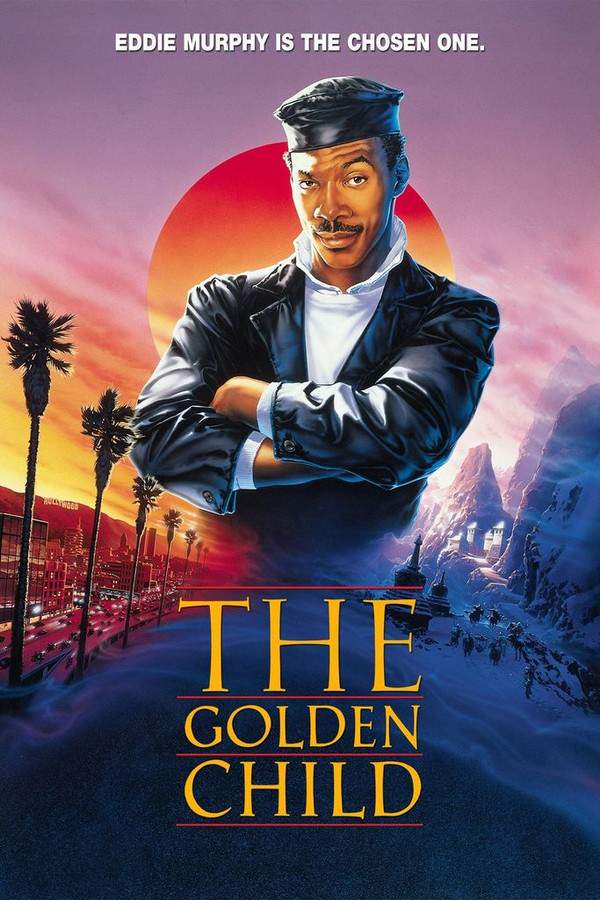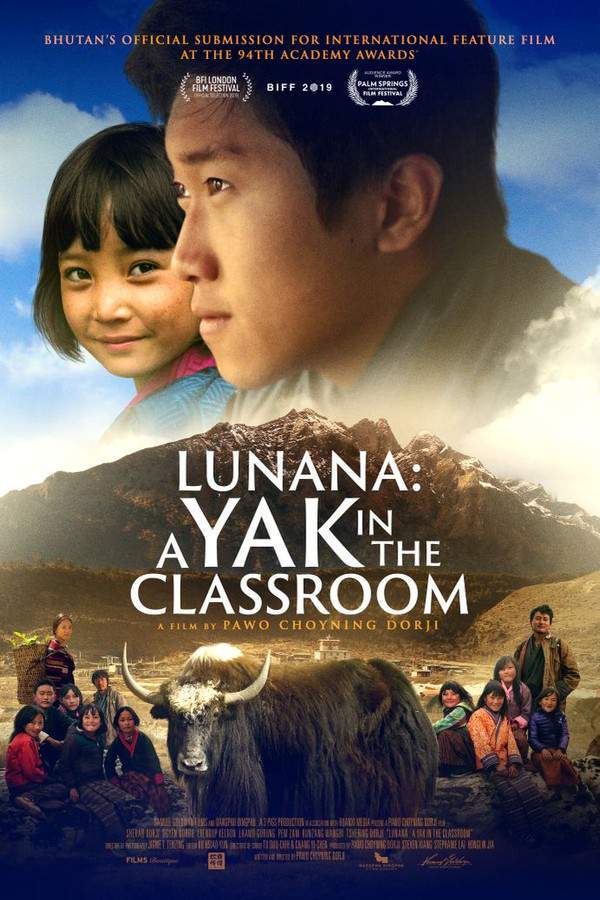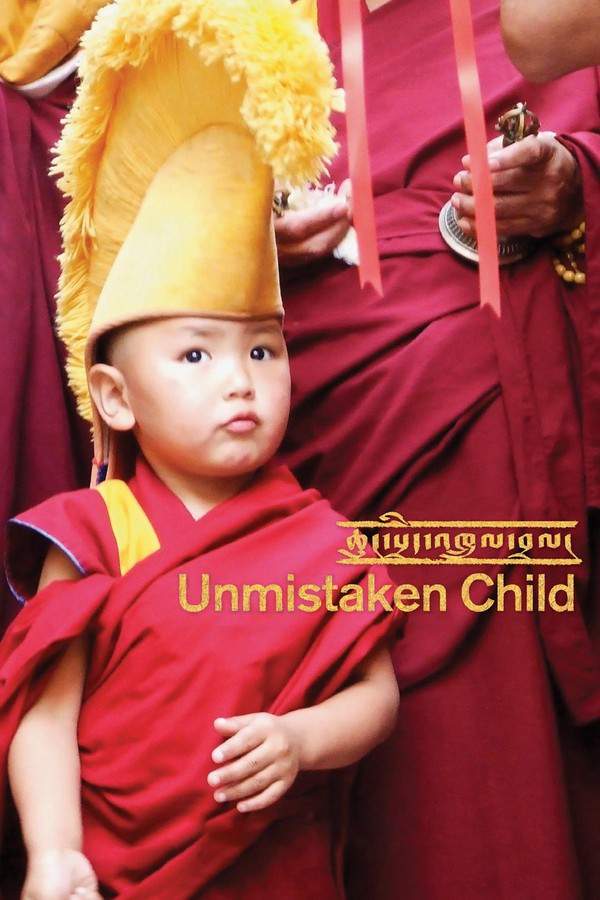
Unmistaken Child 2009
Directed by

Nati Baratz
Made by

Oscilloscope Pictures
Unmistaken Child Plot Summary
Read the complete plot summary and ending explained for Unmistaken Child (2009). From turning points to emotional moments, uncover what really happened and why it matters.
The documentary chronicles the profound journey of a Tibetan Buddhist monk in his quest to discover the reincarnation of his cherished teacher, the globally respected lama, Geshe Lama Konchog. Commencing its filming in October 2001, this captivating narrative spans an impressive five and a half years. At the center of this exploration is Tenzin Zopa, a modest young monk who possesses a strong command of English and served as the deceased lama’s closest disciple. His mission is to locate the child who embodies his master’s reincarnation.
Despite Tenzin’s humility, he grapples with self-doubt regarding his capability to accurately identify the rebirth of such an enlightened figure. The weight of this responsibility is overwhelming, as it is essentially laid entirely upon his shoulders.
Employing a blend of prayer, intuition, and different forms of divination, Tenzin embarks on a journey to the secluded villages in the remote Tsum Valley located on the Nepal–Tibet border. Throughout his travels, he visits numerous families and interacts with many children in search of a young boy of the appropriate age who shows a significant emotional response to one of his late master’s belongings. Yet, the journey is fraught with uncertainties; only after passing through several tests can the existence of a tulku—a reincarnated Tibetan master—be verified. Furthermore, the emotional implications of potentially uprooting a small child from his loving parents and familiar surroundings add another layer of complexity to Tenzin’s sacred mission.
Unmistaken Child Timeline
Follow the complete movie timeline of Unmistaken Child (2009) with every major event in chronological order. Great for understanding complex plots and story progression.
Commencement of Filming
Filming for the documentary began in October 2001, marking the start of a profound journey. This initial phase established the foundation for exploring the complexities of reincarnation in Tibetan Buddhism.
Introduction of Tenzin Zopa
Tenzin Zopa, a humble young monk, is introduced as the central figure of the documentary. As the closest disciple of the late Geshe Lama Konchog, he is entrusted with the significant task of identifying his teacher's reincarnation.
Tenzin's Burden of Responsibility
As the narrative unfolds, Tenzin grapples with feelings of self-doubt regarding his capability to recognize the renewed embodiment of his revered teacher. The immense responsibility of his mission weighs heavily on his spirit, adding depth to his quest.
Embarking on the Journey
Tenzin embarks on a journey to the remote Tsum Valley, located on the Nepal–Tibet border. This journey is critical as it symbolizes his unwavering commitment to fulfilling his sacred duty and finding the reincarnation of Geshe Lama Konchog.
Methods of Search
Utilizing a blend of prayer, intuition, and traditional forms of divination, Tenzin explores various secluded villages. His multi-faceted approach highlights the spiritual significance of his mission and the deep-rooted traditions of Tibetan Buddhism.
Interacting with Families
Throughout his travels, Tenzin visits numerous families in the Tsum Valley. His interactions with the local children center on observing emotional responses to his late master's belongings, a key indicator in identifying the tulku.
Test of Validity
Tenzin faces several tests before he can confirm the existence of a tulku. These tests are critical steps in the complicated and spiritually charged process of recognizing a reincarnated master, illustrating the challenges he encounters.
Emotional Stakes
The emotional implications of uprooting a child from his loving family become increasingly apparent. Tenzin grapples with the moral complexities of his quest, acknowledging the impact on the child's parents and community.
Community Reactions
As Tenzin's search continues, the reactions from local communities play a significant role. The diverse responses range from skepticism to hope, further complicating his mission and adding layers to the narrative.
Discovery of a Potential Reincarnation
After months of searching, Tenzin discovers a young boy who responds emotionally to items belonging to Geshe Lama Konchog. This discovery brings him closer to identifying the reincarnation but raises new concerns about the impact on the child and his family.
Final Decisions
Tenzin faces a pivotal moment where he must decide on the next steps regarding the child's future. Balancing tradition and compassion, he contemplates the moral consequences of potentially removing the boy from his home.
Cultural Significance Explored
As the documentary progresses, the cultural significance of reincarnation in Tibetan Buddhism is thoroughly explored. This analysis provides viewers with insight into the intricate beliefs that underpin Tenzin's mission.
Reflection on the Journey
In the latter stages of the documentary, Tenzin reflects on the journey he has undertaken. He acknowledges the personal growth and spiritual insights gained through his quest, highlighting the journey's transformative nature.
Conclusion of the Search
The documentary reaches its conclusion as Tenzin reconciles his search with the emotional complexities involved. The profound implications of his findings resonate through the community and within himself, leaving lasting effects.
Legacy of Geshe Lama Konchog
The film closes by underscoring the enduring legacy of Geshe Lama Konchog. Tenzin's mission serves as a testament to the Buddha's teachings and the interwoven fate of teacher and disciple across lifetimes.
Unmistaken Child Characters
Explore all characters from Unmistaken Child (2009). Get detailed profiles with their roles, arcs, and key relationships explained.
Tenzin Zopa
Tenzin Zopa is a dedicated young monk and the main protagonist of the documentary. His deep respect for his late teacher drives him in his quest to find the reincarnation of Geshe Lama Konchog. Despite his humility, he battles self-doubt regarding his capacity to identify a tulku, which adds depth to his character. Tenzin's blend of faith and intuition makes him a relatable figure in this spiritual journey.
Unmistaken Child Settings
Learn where and when Unmistaken Child (2009) takes place. Explore the film’s settings, era, and how they shape the narrative.
Time period
2001-2006
The movie takes place over a period spanning from October 2001 to the middle of 2006, a time marked by a growing interest in spirituality and tradition in the face of modernity. During these years, the Tibetan diaspora was also heavily influenced by the political scenario surrounding Tibet, making the search for spiritual leaders more poignant. This documentary captures a unique moment where ancient traditions are still alive, and the search for reincarnation holds deep cultural relevance.
Location
Tsum Valley, Nepal–Tibet border
Tsum Valley is a remote and picturesque region situated on the Nepal–Tibet border, known for its stunning landscapes and deep-rooted Tibetan culture. It is often characterized by its serene environment and the unique Tibetan Buddhist traditions practiced by its inhabitants. The valley is a significant pilgrimage site, attracting monks and spiritual seekers seeking enlightenment and connection with their roots.
Unmistaken Child Themes
Discover the main themes in Unmistaken Child (2009). Analyze the deeper meanings, emotional layers, and social commentary behind the film.
🧘♂️
Spirituality
The theme of spirituality is central to the narrative, as it explores the deep connection between a disciple and his spiritual teacher. Tenzin's journey highlights the significance of reincarnation in Tibetan Buddhism, elevating the spiritual quest into a profound exploration of faith and devotion. The emotional weight of his mission underscores the impact of spiritual lineage on both the individual and the community.
💔
Sacrifice
Sacrifice is a prominent theme as Tenzin faces the moral dilemma of potentially uprooting a child from his family for the sake of fulfilling his spiritual duty. The emotional complexity surrounding the separation of a child from their parents brings forth questions about the true cost of spiritual enlightenment. This theme resonates throughout the documentary, exploring what it means to sacrifice personal connections for the greater good.
Unmistaken Child Spoiler-Free Summary
Discover the spoiler-free summary of Unmistaken Child (2009). Get a concise overview without any spoilers.
In the high reaches of the Himalayas, the centuries‑old practice of identifying a lama’s rebirth shapes the lives of entire villages. The film opens on the sweeping vistas of the remote Tsum Valley, a place where prayer flags flutter against stone walls and the rhythm of daily life is intertwined with the unseen currents of karma. Within this world, the belief that great spiritual teachers return to guide future generations is not a legend but a living tradition, giving ordinary people a profound sense of purpose and continuity.
* Tenzin Zopa* — a modest monk who once served as the trusted aide to the revered Geshe Lama Konchog — is called upon to undertake a delicate pilgrimage. Endorsed by the Dalai Lama himself, his mission is to locate the young soul who carries the spirit of his late master. Fluent in English and deeply rooted in monastic humility, Tenzin grapples with the enormity of identifying a child who might become the next beacon of enlightenment, a task that feels both sacred and overwhelming.
The documentary’s tone is contemplative yet quietly urgent, inviting viewers to feel the weight of each step across rugged paths and quiet hamlets. Cinematic images linger on prayer wheels turning, on the soft smiles of families, and on the stark, wind‑sculpted mountains that seem to listen to every whispered invocation. The film balances reverent observation with an intimate portrait of a monk wrestling with doubt, devotion, and the quiet hope that destiny will reveal its sign.
As Tenzin moves from one secluded settlement to the next, the audience is drawn into an atmosphere of gentle mystery. The blend of ritual, intuition, and communal reverence hints at a journey that is as much about inner discovery as it is about finding a child, leaving a lingering sense of awe for the spiritual pathways that bind humanity across generations.
Movies with Similar Twists and Themes
Uncover films that echo the narrative beats, emotional arcs, or dramatic twists of the one you're exploring. These recommendations are handpicked based on story depth, thematic resonance, and spoiler-worthy moments — perfect for fans who crave more of the same intrigue.
Featured on this page

What's After the Movie?
Not sure whether to stay after the credits? Find out!
Explore Our Movie Platform
New Movie Releases (2025)
Famous Movie Actors
Top Film Production Studios
Movie Plot Summaries & Endings
Major Movie Awards & Winners
Best Concert Films & Music Documentaries
Movie Collections and Curated Lists
© 2025 What's After the Movie. All rights reserved.


